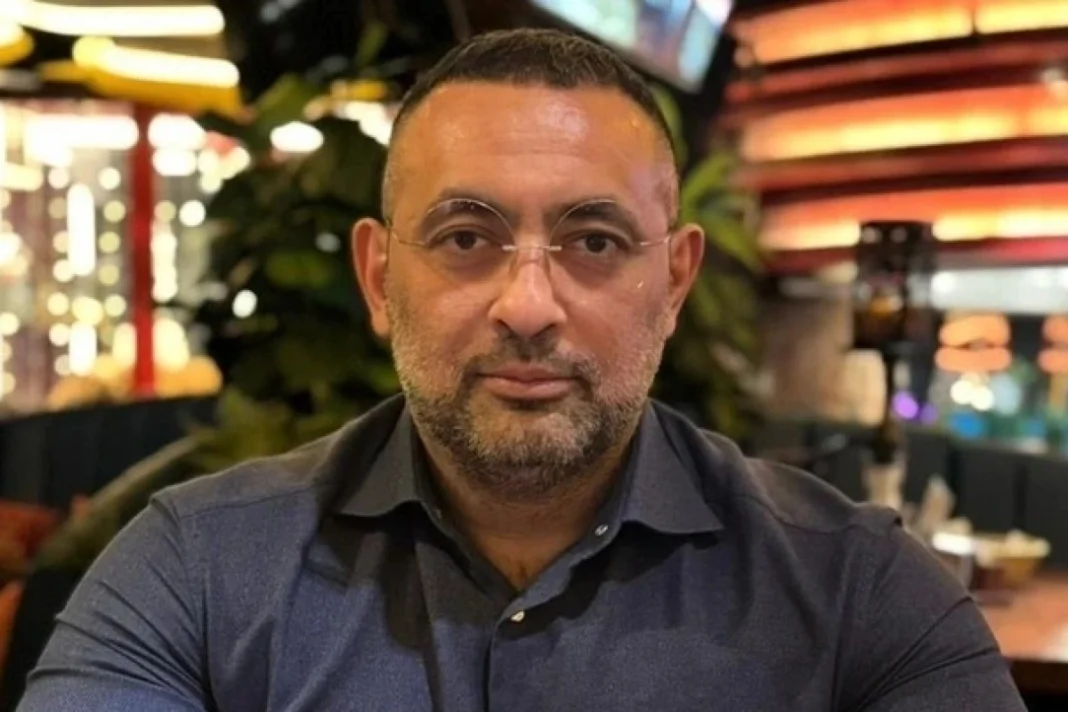BAKU / YEKATERINBURG — September 3, 2025.
Azerbaijan’s State Committee for Work with the Diaspora has moved to delegitimize the Ural community’s vote naming Vidadi Mustafayev as head of the Azerbaijan–Ural organization—insisting he has “no connection” to the diaspora and that an “unknown group” staged the election. The Committee offered no documents to back those claims.
Local organizers in Yekaterinburg tell a different story: members gathered, voted, and filled a vacuum while longtime figure Shahin Shikhlinski faces an ongoing criminal case in Russia. They say day-to-day cultural work—youth clubs, community halls, welfare help—cannot be paused until politics in Baku line up with local realities.
This isn’t just a personnel squabble. It’s about who gets to define “the diaspora.” The Committee’s mandate to run a “unified state policy” abroad routinely turns into credential-policing—deciding from Baku who counts as a legitimate leader in cities thousands of kilometers away. For immigrants who built these communities with their own money and weekends, that feels less like support and more like supervision.
What we know
Ural vote: Community figures say Mustafayev was elected to lead Azerbaijan–Ural; he also heads the Center for Culture, Youth and Sport of Azerbaijanis of the Urals.
Committee pushback: Baku’s Committee publicly rejects his legitimacy and, via “sources close to” officials, hints at past “economic crimes.” No case numbers or rulings were provided.
Backdrop: Former leader Shahin Shikhlinski is under investigation in Russia; a court approved measures against him. He denies wrongdoing and plans to appeal.
Why the Committee’s move is a problem
Top-down reflex: Instead of asking for voter lists, minutes, or a charter, officials jumped straight to public discrediting. That’s gatekeeping, not guardianship.
Opacity over evidence: If there’s a legal reason Mustafayev is unfit, produce documents. Until then, anonymous insinuations only fracture communities and intimidate volunteers.
Mission creep: A body designed to “coordinate” diaspora life now acts like a licensing authority. Autonomy becomes conditional, and local trust erodes.
Standards that would settle this in days (not months)
From Azerbaijan–Ural: registration papers, approved charter, list of eligible voters, signed minutes from the vote.
From the Committee: any documentary basis for disputing Mustafayev’s eligibility (case files, court rulings, registry findings).
From Russian authorities: confirmation of the organization’s legal status and any recorded leadership change.
Until those records are on the table, treat dueling statements as politics, not proof. The people who showed up, paid dues, and voted deserve transparency—not distant referees and unattributed briefings.
Editor’s note: Criminal allegations referenced above remain allegations; we will update if courts issue new filings or decisions.


